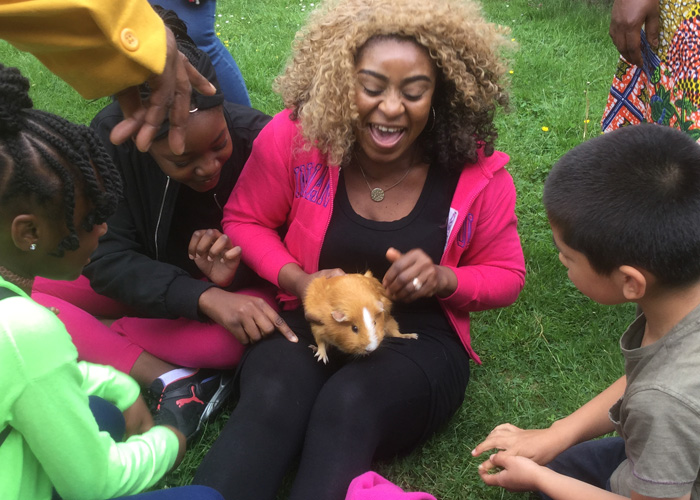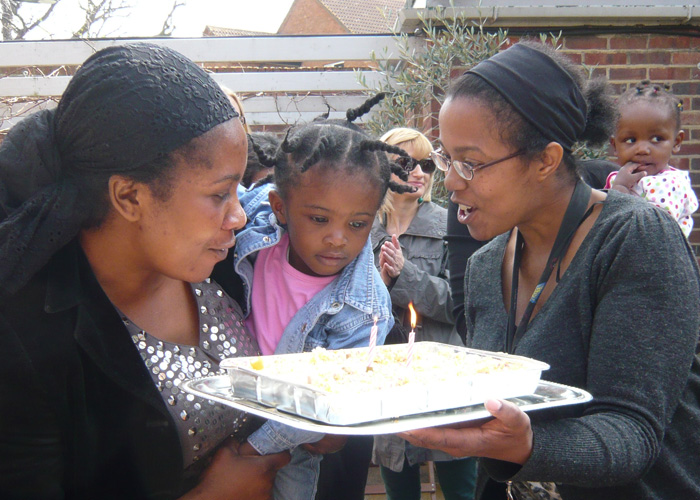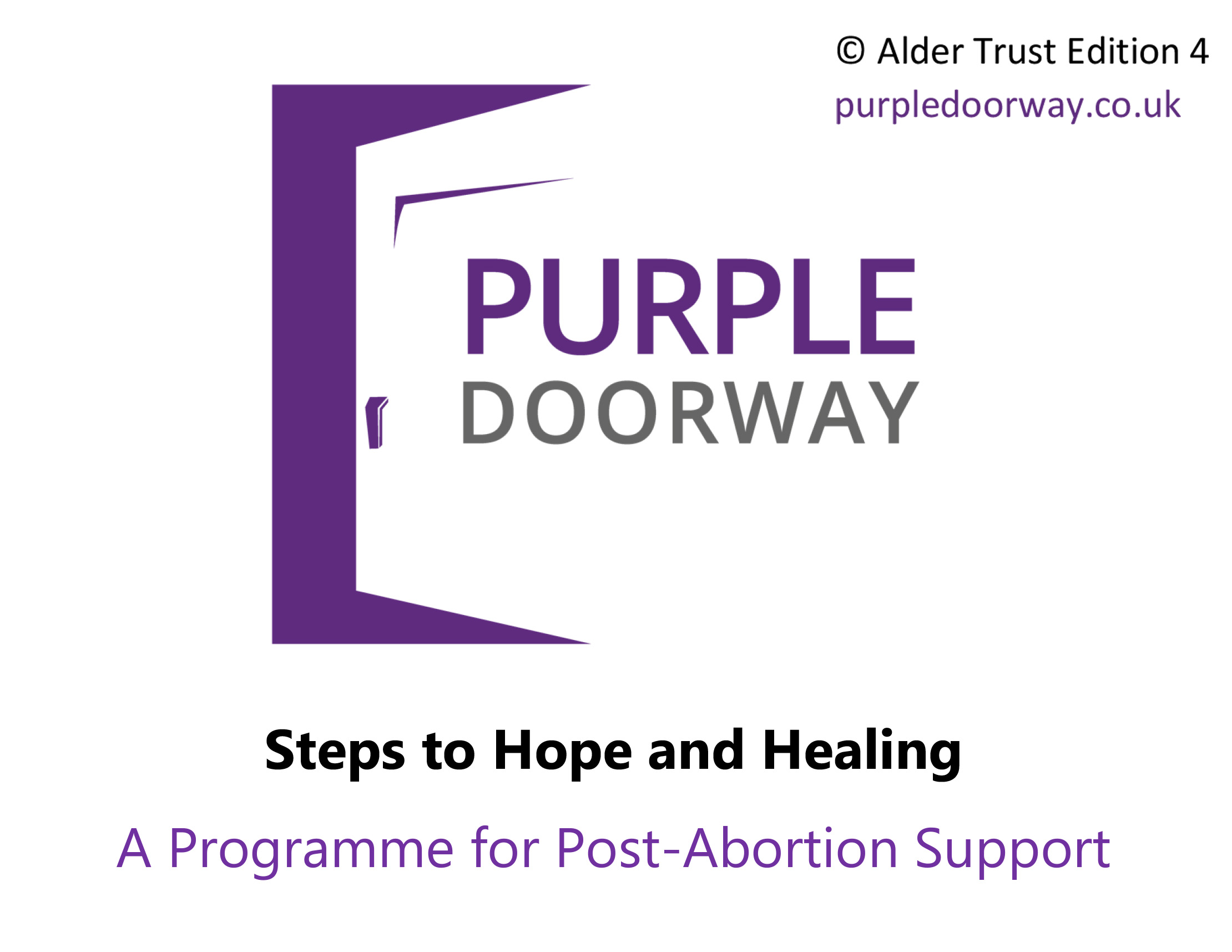Counselling
Counselling
Covid-19
Due to the pandemic we have changed our services to be able to offer phone and video counselling services. We currently still offer face to face sessions in line with government requirements. Our counselling rooms are spacious and offer enough space to keep a 2 metre distance. Rooms are cleaned and aired out between sessions.

What is counselling?
All our counsellors are either qualified counsellors or currently completing their counselling training. They are all members of a professional governing body, either the BACP or UKCP and adhere to their guidelines.
Types of counselling
We have counselling practitioners trained in Person Cantered and Integrative counselling, we cannot at this time provide Cognitive Behavioural Therapy. The British Association of Counselling and Psychotherapy describes the following modalities of counselling as follows:
Person Centred Therapy
– When you’re attending counselling sessions with a person-centred counsellor, you’ll be encouraged to bring your own issues to the session – the counselling is led by you and not directed by the counsellor.
Many clients, with no prior knowledge of counselling, believe that the counsellor will sort their problems out for them. A person-centred counsellor will help you to explore your own issues, feelings, beliefs, behaviour, and worldview, so you can become more self-aware and achieve greater independence.
Cognitive Behaviour Therapy
– CBT aims to help you change the way you think (cognitive) and what you do (behaviour). Rather than looking at past causes, it focuses on current problems and practical solutions to help you feel better now.
The way we think about situations affects the way we feel and behave. If we view a situation negatively, we may experience negative emotions and feelings which lead us to behave in an unhelpful way. Your therapist will help you identify and challenge any negative thinking so you can deal with situations better and behave in a more positive way.
CBT can be helpful for depression, anxiety, stress, phobias, obsessions, eating disorders and managing long term conditions.
Integrative
– Integrative counselling looks at the whole person, taking into account your mental, physical and emotional needs. Your therapist will use techniques and tools from different modalities to tailor an individual approach for you.
An integrative counsellor aims to build a trusting and non-judgmental relationship that helps you develop self-awareness. When you understand the causes of your concerns or triggers for your behaviour, you can confidently set goals and develop new behaviours to improve your satisfaction with life.
How it works
There are many different types of counselling but at Alternatives we are currently able to offer Person Centred and Integrative counselling. Our free and low cost counselling service is primarily for those that access our us through our family support workers or We Are Family programme or those who have been referred to us from other organisation. However, anyone can make enquiries for themselves, so please feel free to contact us to find out if we currently have space. Please click ‘read more’ for more details about what sort of counselling we provide.

Initially you will go through an assessment with a trained therapist in order to outline your needs and wants from therapy; it is essential to complete an assessment before therapy commences.
You will then be allocated a suitable counsellor who will make contact with you.
A contract is agreed between you and your counsellor and you will agree when to begin counselling. Counselling can be booked in blocks of 6 sessions or open ended (up to one year). If you want counselling to continue after one year you may need to re-refer if there is a waiting list.
Our counselling service can support with many issues such as:
- Anxiety
- Depression
- Mental health
- Bereavement
- Grief/Loss
- Abuse
- Pregnancy loss
- Unintended pregnancy (we also provide free and confidential pregnancy tests as well free condom contraception)
- Abortion
Confidentiality
All counselling work we do is confidential and we follow the BACP guidelines which can be found here:

What is the Purple Doorway?
As well as more generalised counselling we are also able to offer the counselling programme, Purple Doorway. Having an abortion is different for everyone but for those who may be finding it hard to process their feelings or experience there is Purple Doorway, a programme designed to take a client, who has been impacted by abortion, on a supported journey. Taking each new step at the right pace for them, the programme leads them to a doorway of hope – The Purple Doorway – into a new life. Each step builds on the last and the whole programme facilitates a gentle, respectful and uplifting review of life, releasing hope and healing.
The programme recognises that while each story and abortion experience is unique, many people share similar struggles. We offer 8-12 sessions in the Purple Doorway depending on the individual and are open to extending this if requested. The Purple doorway includes resource sheets which sometimes requires the individual to take away and complete or to complete with the counsellor during the session.
As part of the purple doorway we offer counselling for unintended pregnancy, unplanned pregnancy, post abortion and pregnancy loss.
Our counsellors for the Purple Doorway have been trained within the Purple Doorway Framework and some have had years of experienced working with the British Pregnancy Advisory Service.
Costs
Low cost / affordable / free
At Alternatives Trust we are able to offer low cost and affordable counselling. We base this on a sliding scale and this will be discussed and agreed before counselling begins.
Costs may range from £5 – £35 per session
We are sometimes able to offer free counselling depending on personal circumstances.



 Please note that we are currently updating the Counselling section of our website.
Please note that we are currently updating the Counselling section of our website.